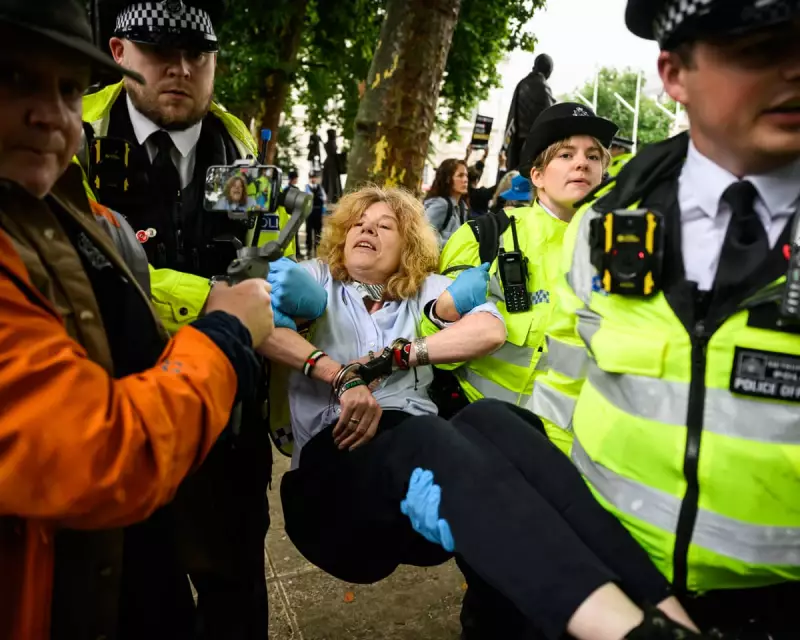
The arrest of several Palestine Action activists has ignited a fierce debate about the boundaries of protest and free speech in the UK. Campaigners warn that recent police actions against the pro-Palestinian group could set a dangerous precedent for civil liberties.
When Does Protest Become 'Criminal'?
Authorities detained multiple members of Palestine Action following demonstrations targeting companies allegedly linked to Israeli military operations. While police cite public order offences, human rights organisations argue these arrests represent an alarming erosion of democratic rights.
The Legal Tightrope
Legal experts highlight the delicate balance between maintaining public order and protecting fundamental freedoms. "The right to peaceful protest is enshrined in British law," notes civil liberties barrister Emma Golding. "When arrests occur at demonstrations, we must scrutinise whether they're genuinely necessary."
Government's Tough Stance
The Home Office maintains that while protest is a democratic right, it cannot disrupt business or endanger public safety. A spokesperson stated: "We support lawful protest but will not tolerate criminal damage or harassment."
Chilling Effect on Activism?
Campaign groups express concern that aggressive policing could deter legitimate dissent. "This isn't just about Palestine Action," warns Liberty director Martha Jones. "It's about whether any critic of government policy risks being treated as a criminal."
What Comes Next?
With court cases pending and tensions rising, the outcome could reshape Britain's protest landscape. As both sides dig in, the fundamental question remains: where should Britain draw the line between security and liberty?





